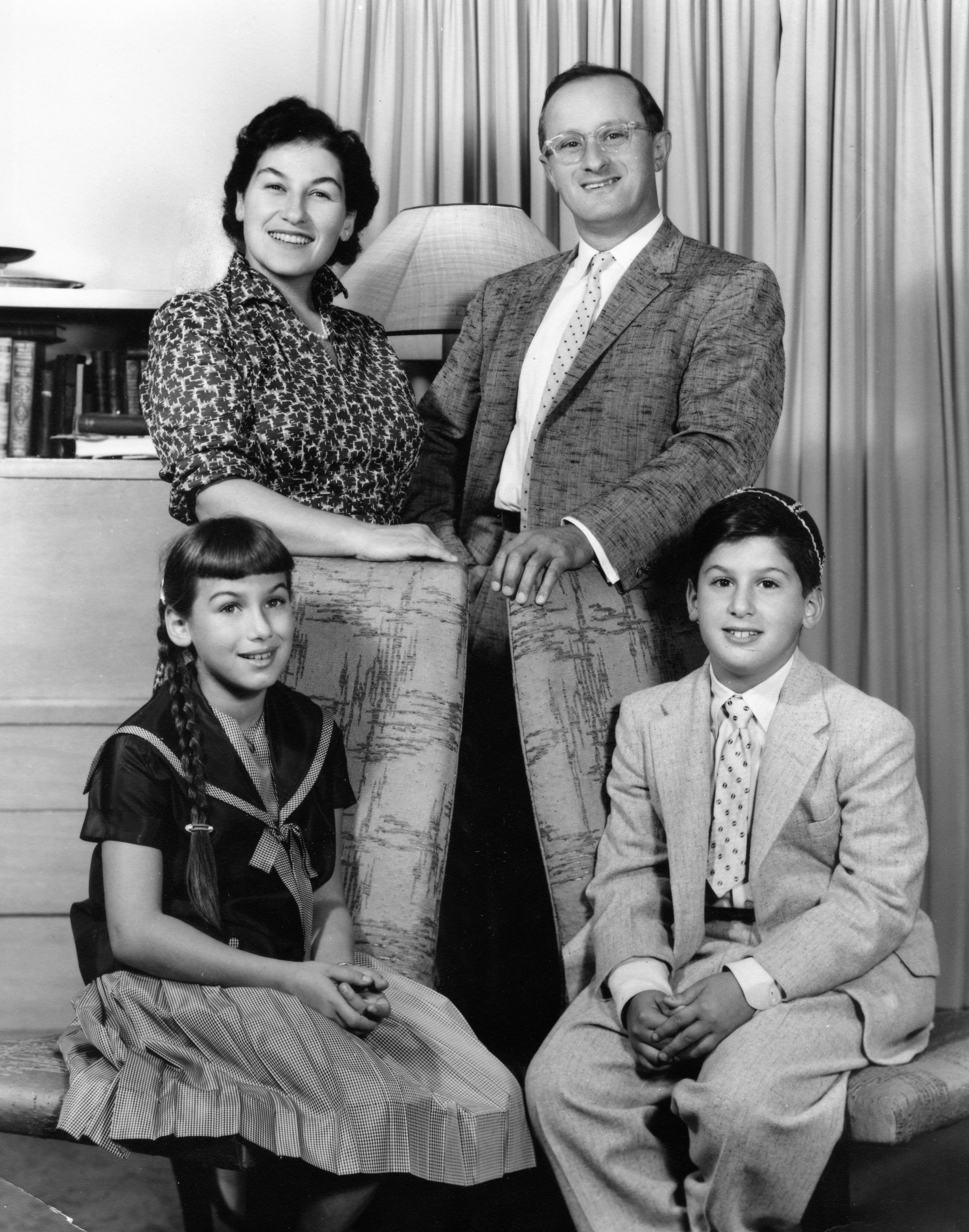It’s a shame that the customers at Goldberg’s Bagels are more homogeneous now than what we had come to expect from owner Yaakov Drebin’s clientele. Until late October, his shop catered to a mix of Jews of varying degrees of observance as well as people of different religions and ethnicities, and, of course, political affiliations. These days, most customers he sees in the shop are noticeably Orthodox. What happened to cause this change?
Campaign Fun Turns Ugly
A couple of weeks before the election, a few Republican campaigners made unannounced stops in various Pikesville locations to promote their candidates. One stop was in the parking lot outside Goldberg’s Bagels. For about 20 minutes, this diverse group, with Jews and African-American campaign people among them, gave out flyers and spoke to anyone interested in engaging in conversation. According to their reports, it was mostly a fun day for everyone. There was a lot of friendly banter and picture taking (particularly because some of the campaigners were wearing Trump masks for fun) as well as music coming from a truck emblazoned with Republican names, with Donald Trump’s prominently displayed.
According to several eye witnesses, while the group was outside Goldberg’s, a woman customer who exited the store began yelling and cursing at the Republican group outside. She was decrying their support for Trump, and also used foul language to describe the presidential candidate.
Richard B,* an African-American, was with the Trump campaigners that day and saw no problem at Goldberg’s other than the woman who was yelling. “I thought the campaigning went quite well. We all have rights to do what we do. Mr. Drebin told the woman [who was cursing] that everybody has their rights to free speech. I didn’t want to pay her any mind, so I just ignored her. We all had a good time that day.”
Mr. Drebin, who had been busy in the store and was not even aware of the campaigners outside, happened to come outside shortly after the woman customer began verbally assaulting them.
















